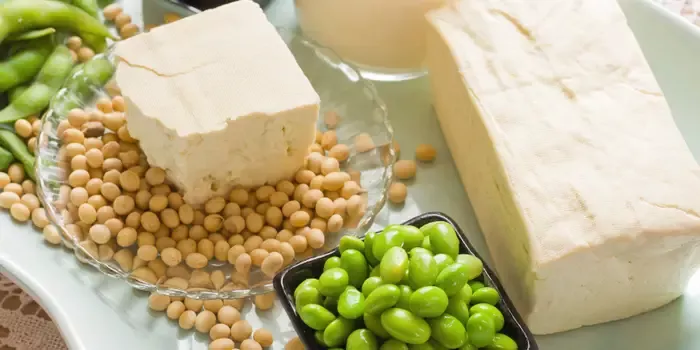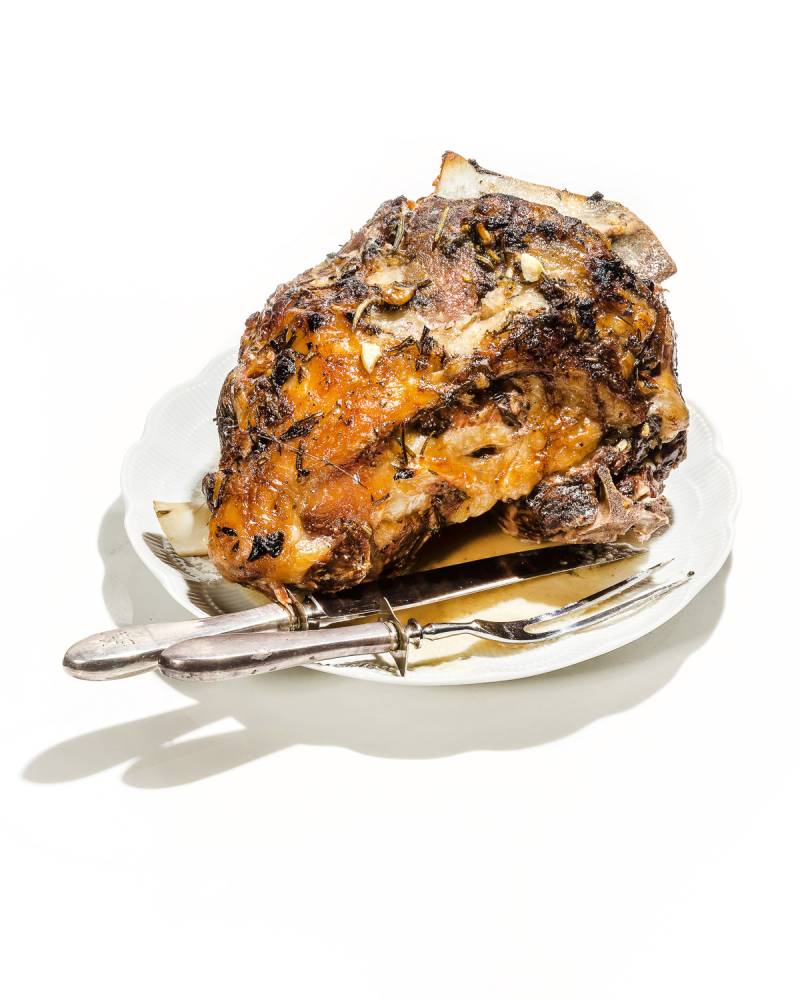Omega-3 fats are packed with benefits for your health. They can:
Promote heart health: Omega-3s can reduce the risk of blood clots and lower the number of fats in the blood called triglycerides.
Benefit your cells: "Omega-3s are critical for healthy cells, making up part of the membranes that surround every cell in your body," says Karen Ansel, MS, a registered dietician in private practice.
Promote healthy pregnancy: Omega-3s fats are important for the growth and development of fetuses in the womb.
Experts recommend that per day:
Adult men should get around 1.6 grams of omega-3 fats
Adult women should get 1.1 grams of omega-3 fats
To get enough omega-3s, you'll need to eat key foods like fatty fish and flaxseed oil.
Here are nine foods that contain omega-3 fats and how each can affect your health.
1. Salmon
Salmon is one of the best sources of omega-3 fats you can add to your diet. This is because "salmon feed on algae and plankton, which are rich sources of omega-3s," says Charlotte Martin, MS, a registered dietician with a private practice.
A three-ounce serving of wild salmon contains about 1.8 grams of omega-3 fats.
2. Small fatty fish
"Fish is hands down the best way to work more omega-3s into your diet," Ansel says. In particular, small fish with high fat and oil content tend to be rich in omega-3s.
Some of the best fish sources of omega-3s include:
Mackerel: 2.5 grams per three-ounce serving
Herring: between 1.3 and 2 grams per serving
Anchovies: 1.4 grams per serving
Sardines: 1.2 grams per serving
Lake trout: 2 grams per serving
The American Heart Association recommends eating two three-ounce servings of fatty fish per week, as it can be protective against heart disease. This includes canned fish, which generally provide as much omega-3 as fresh fish.
3. Cod liver oil
Cod liver oil is a type of fish oil supplement that offers a great source of omega-3 fats. One teaspoon of cod liver oil contains about 0.9 grams of omega-3 fatty acids.
Along with omega-3 fats, cod liver oil is also rich in fat-soluble vitamins such as vitamin A and vitamin D, says Julie Stefanski, a registered dietician and spokesperson for the Academy of Nutrition and Dietetics.
But while cod liver oil can be good for your health, it's important not to take too much — adults can take about one tablespoon per day.
This is because when you're taking cod liver oil, "you're exposing your body to an amount of preformed vitamin A that you wouldn't encounter naturally," Stefanski says. Your body absorbs preformed vitamin A more easily than other forms of vitamin A, so it's easier to accidentally take a toxic amount.
Over time, taking too much vitamin A can lead to bone thinning, skin irritation, and liver damage.
4. Oysters
"Oysters are slightly lower in omega-3 fatty acids than salmon, anchovies, and sardines, but are still a very rich source," Stefanski says.
A three-ounce serving of oysters contains about 0.7 grams of omega-3 fats.
Oysters also provide several essential nutrients like
zinc
, vitamin B12, and copper, along with plenty of lean protein.
5. Soybeans
Soybeans provide a type of omega-3 fat called alpha-linolenic acid (ALA) that is found naturally in plants. One 100-gram serving of soybeans contains about 1.4 grams of ALA fatty acids.
ALA fats are harder for your body to absorb than the other omega-3 fats eicosapentaenoic acid (EPA), and docosahexaenoic acid (DHA), which are found in fish. For this reason, fish are generally a more potent source of omega-3 fats than plants.
But if you're vegetarian or don't eat fish, soybeans are a good option to provide omega-3s, along with other nutrients like protein. "Soy products are one of the best plant protein sources for those following a plant-based diet," Martin says.
6. Chia seeds
Chia seeds are very high in ALA omega-3 fatty acids and are one of the best plant-based sources. A one-ounce serving of chia seeds contains about five grams of omega-3 fats.
Chia seeds are also incredibly rich in fiber, offering nearly ten grams in a one-ounce serving. They also provide key minerals including calcium, iron,
magnesium
, and zinc.
7. Plant oils
"Plant oils do provide small amounts of omega 3s, but not nearly the amount that you'd get from fatty fish," Ansel says.
But some oils are a better source than others — "for example, flaxseed oil contains six times the amount of omega-3s of canola oil and eight times the amount in soybean oil," Ansel says.
On average, the most common plant oils contain:
Flaxseed oil: 7.3 grams of ALA per tablespoon
Canola oil: 1.2 grams per tablespoon
Soybean oil: 0.9 grams per tablespoon
8. Walnuts
Walnuts are another good source of ALA omega-3 fats — a one-ounce serving of walnuts contains about 2.6 grams.
Walnuts are also rich in many other vitamins, minerals, and other nutrients. The same one-ounce serving contains about two grams of fiber, along with plenty of zinc, copper, and manganese.










